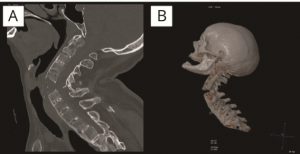On August 10 of last year, Jim Stagge, an environmental engineering professor at The Ohio State University, emailed editors of Water Resources Management, a Springer Nature title, to let them know that a paper in the journal had taken significant blocks of his text without attribution.
The Water Resources Management paper in question, “Recommendations for Modifying the Standardized Precipitation Index (SPI) for Drought Monitoring in Arid and Semi-arid Regions,” was published July 16, 2021. Stagge said that it borrowed liberally from a paper of his, “Candidate Distributions for Climatological Drought Indices (SPI and SPEI),” that was published in the International Journal of Climatology in 2015.
The 2021 paper, with first author Peyman Mahmoudi from the University of Sistan and Baluchestan in Iran, did cite Stagge’s 2015 work, but didn’t indicate that large sections taken directly from Stagge and his co-authors were quotes.
Continue reading A journal did nothing about plagiarism allegations for a year. Then the tweets (and an email from Retraction Watch) came.


